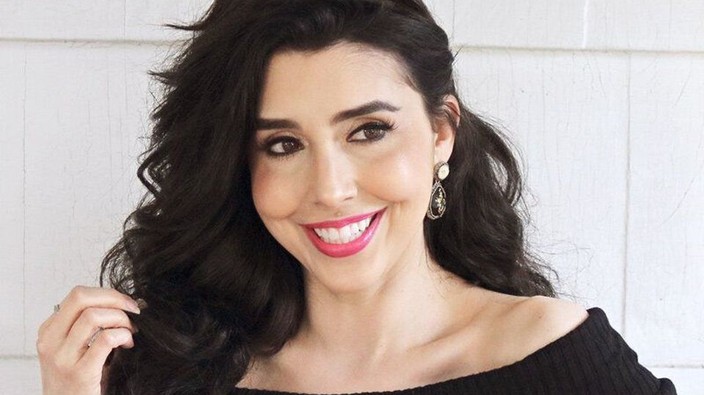maybe i’ve missed out on some things but i’ve also had some of the most incredible experiences and i’ve met amazing people through lupus chick. i’ve been invited to speak and travel to different places. so that’s been amazing. i feel like i’ve been very lucky.
it sounds like you’ve worked really hard to get here.
i did. it’s funny. you hear these people say, when you go to sell on social media, like, “oh, well, look at all the stuff that they have going on.” this was 13 years of work. you know, if you come in now you’re seeing the fruit of 13 years of planting.
i always tell people when they reach out and they want to be an advocate and they want to start something like this, i’m like, do it. because if one person really thinks that they cannot make a difference, i want them to look at the lupus chick story and what one person can do literally in a hospital bed bringing hundreds of thousands of people together. just imagine if we all stepped up in some way and the difference that we could make.
have you ever met someone who misunderstood your condition or misunderstood what it meant?
oh, yeah, all the time. i still do. i’ve had family members where it wasn’t until i was on chemo that they were like, “oh, wow, you’re really sick, you really have a serious condition.” i’ve been sick this whole time, but because i don’t really look sick on the outside, they couldn’t grasp it. but i think when people hear that chemo word, all of a sudden, their ears perk up, and it’s like, oh, chemo is for sick people. i think that that is definitely a little frustrating.
 16 minute read
16 minute read









